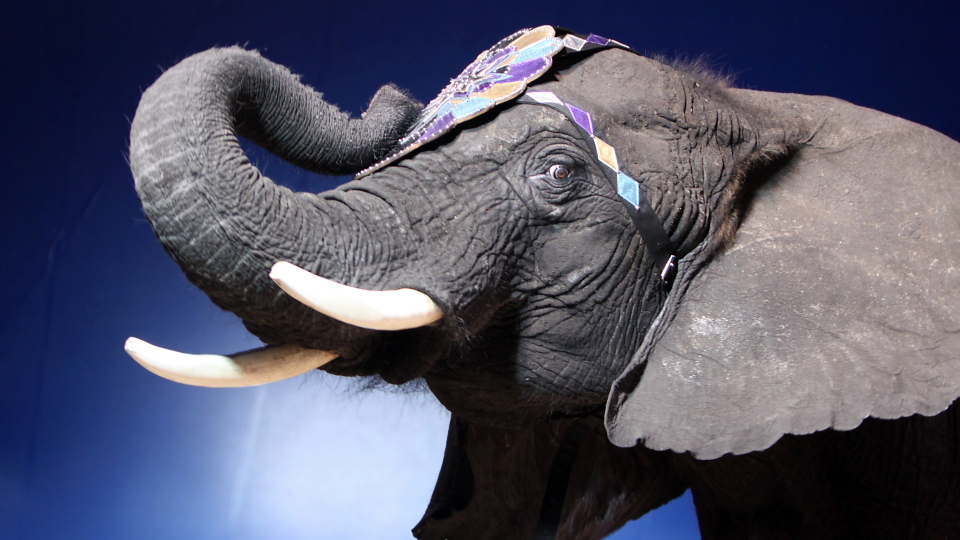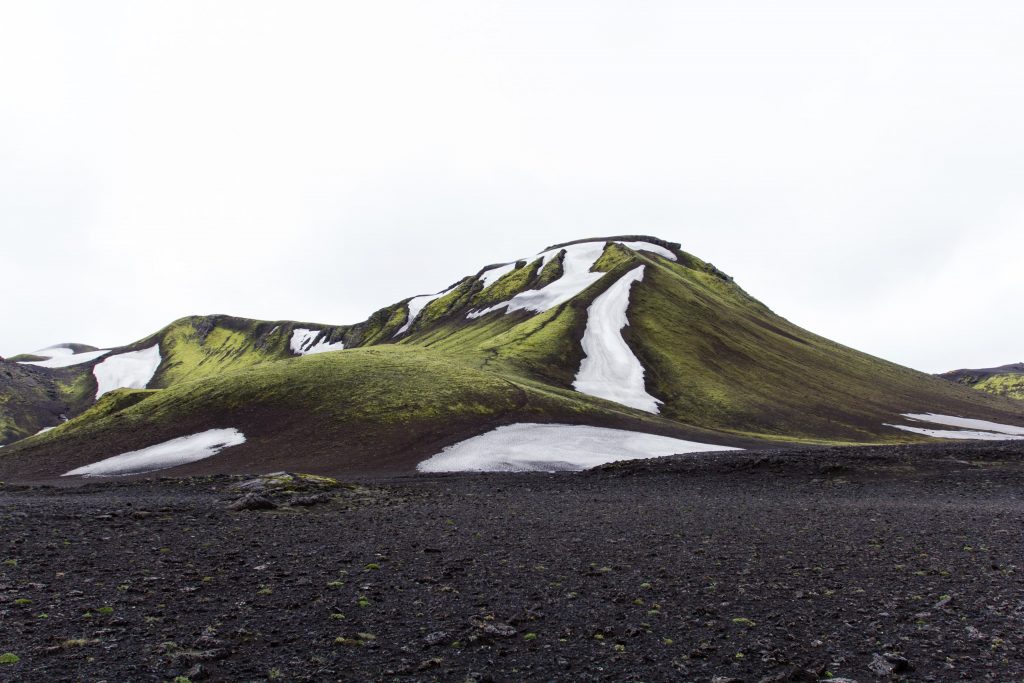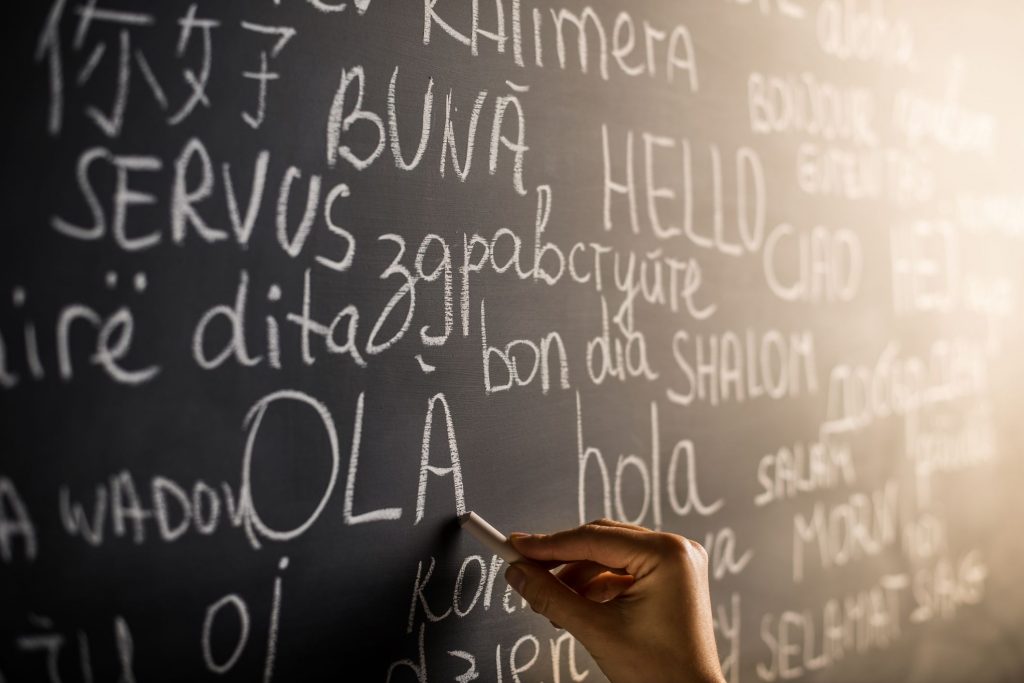
Chief Healing Officer at Radiant Health Strategies
Welcome back. I hope you were able to reflect on the question of the First Elephant in our room:
“Will we become humbly honest with ourselves, recognize, take responsibility for, and seek to overcome our own levels of deep ignorance?”
In the following chapter on our journey to racial healing, I share my honest reflections on navigating the Professional World as a Black woman. My goal is to add an investigative and uplifting perspective on these events with the hope that you’ll see your experience(s) reflected too.
Healing in the Professional World
The Icelandic Flight Attendant
My sibling-cousin, who happens to be half German, invited me to visit him while he lived in Denmark. His sister had previously invited me to visit her while she was working and living in China, but I procrastinated so much that she was gone before I could get my act together. For this reason, I wanted to make sure that I made it to Denmark while he was still there. Because he worked with Icelandair at the time, he recommended that I do the traditional stopover in Iceland before heading to Denmark (to promote tourism, flights on Icelandair land first in Reykjavík allowing you to stop over for free). At first, I wondered how a Black woman might be treated there, but since my cousin had previously lived there I felt confident about taking the trip. I was treated wonderfully.
While in Iceland, I met a Flight Attendant who initiated a conversation with me after noticing that I was thoroughly engrossed in reading “The House of the Spirits: A Novel” by Latin American author, Isabel Allende. We shared our love for Allende’s work. She told me that the people of Iceland endeavored to be well-read, particularly when it comes to learning about other cultures because Iceland is so isolated from the rest of the world. I talked to her about the brilliance of my favorite author Octavia Butler and we discussed authors of other ethnicities.
She humanized me because she took the time to learn about other cultures.
The level of conversation that I had with her was, in comparison, superior to conversations that I have had with White people in America. She humanized me because she took the time to learn about other cultures. This delicious experience wasn’t quite enough to tempt me to move to Iceland, but I have to admit that every time I leave the US, I wonder why I return because, even though racism exists everywhere, I have felt safer and have been treated better in other countries.

Indigenous, Invisible, and Smoke Signals
Black, Brown, indigenous, and immigrant people do not feel seen or understood. I listened to a young Navajo man speak on a panel once. My heart broke when I heard him say “we just want to be seen.” I attended a conference for Indigenous people and heard a young Lakota poet say that when her Uber driver asked her where she was from and she told him, he replied “I didn’t think that there were any more Native Americans left.” While searching for images for this post, I typed “Native American” into one particular image bank search bar and got over 10 images of football teams.

The Beauty of Cultural Exploration and Healing
Having had the awesome privilege of being heavily exposed to many cultures such as, but certainly not limited to African, Latinx, Caribbean, Indian, Asian, Asian-Pacific, German, Jewish, and Italian culture in my early years, cultural exposure and celebration has been essential for the wellness of my soul.
I’m so grateful for unapologetically Asian art, food, and films such as Crouching Tiger, Hidden Dragon. My favorite wedding film, Monsoon Wedding, offers a beautiful glimpse into Punjabi culture, and I still listen to and love its phenomenal soundtrack. Powerful offerings that have spiraled me into deep thought such as La Mission, In Search of Voodoo: Roots to Heaven, The Nephew, The Return (please watch all credits and interviews with the actors), and Latin History for Morons, represent a tiny taste of culture and healing that we can explore. Still, a lover of animation, the stories of Kirikou and the Sorceress (African animation from France), Bino and Fino (Nigeria), and Coco (US) are among my all-time favorites. Certainly, Trevor Noah‘s work is a true gift to humankind. Born a Crime is an exceptional gift to Black, Brown, indigenous, and immigrant people because it masterfully demonstrates how to acknowledge and look deeply into our pain while at the same time laughing through it (healing at its finest).
Sharing with and learning about other cultures has expanded my perceptions and made me a better person in every way. I am deeply humbled by how much I do not know and will spend the rest of my life endeavoring to become less and less culturally ignorant.

Elephant #2: Will we choose to learn about and celebrate other cultures to reduce our level of ignorance, cause us to question and correct our fallacies/biases and create a healthier ecosystem for all people?
Overcoming Fear, Ignorance, and Oppression
Racism is fueled by cultural incompetence and willful ignorance. People are afraid of what they do not know, yet these same people are unwilling to pursue understanding (as was demonstrated by the killing of my interviews in the white publications). What are we afraid that we will discover? Do White people fear annihilation? If so, they can drop that irrational fear because who in their right mind would initiate such a bloodbath? It would behoove White people who share that fear to study A New Earth: Awakening to Your Life’s Purpose. I recommend studying that book (for all ethnicities) because it cannot be understood through reading alone. It requires active contemplative thought and time to examine and question our thoughts and behaviors. I listen to the audiobook at least twice every year and continually gain new insights as I evolve and grow. Understanding the pain body and the ego as broken down in that book would eliminate irrational fears that White people may have.
For many other reasons, I would also recommend that BIPOC communities study Life Visioning: A Transformative Process for Activating Your Unique Gifts and Highest Potential. This book includes specific instructions and demonstrations that help Black/Brown/immigrant people detox oppressive programming and rebalance their minds and emotions. For the same reasons that I stated above, I revisit this masterful work each year as well.
A child who is not embraced by the village will burn it down to feel its warmth. – African Proverb

Closeup portrait of an African Elephant at a circus.
Will We Talk About It?
I’m certainly not attempting to speak for all Black, Brown, indigenous, and immigrant people, but I can say many of us aren’t interested in subjecting White people to tit for tat style repercussions. We are not interested in corrupting ourselves by inflicting pain so that we can make ourselves feel like we are better than White people. We don’t want White people to suffer. We want White people to heal so that they can stop taking actions that cause the rest of us to suffer. We certainly are not moved by the tears of White people, unless those tears transform into healthy and right actions. We want White people to stop putting systems and structures in place that prevent BIPOC communities from thriving. We are arguing over who gets the glass of water in front of us when there is an ocean of water behind us. We have to heal from zero-sum ideology and understand that the world is abundant and thrives on variation.
The recent racist attacks in the news are nothing new to us. The advent of cell phones and social media has made it more difficult to ignore what we have had to endure. Now that we have society’s attention, perhaps we can look within and critique ourselves without judgment so that the healing can begin.
As we reflect on Elephant #2, let’s investigate and contemplate ways in which we can engage in cultural celebration to help us correct any learned fallacies or biases that we may have.


